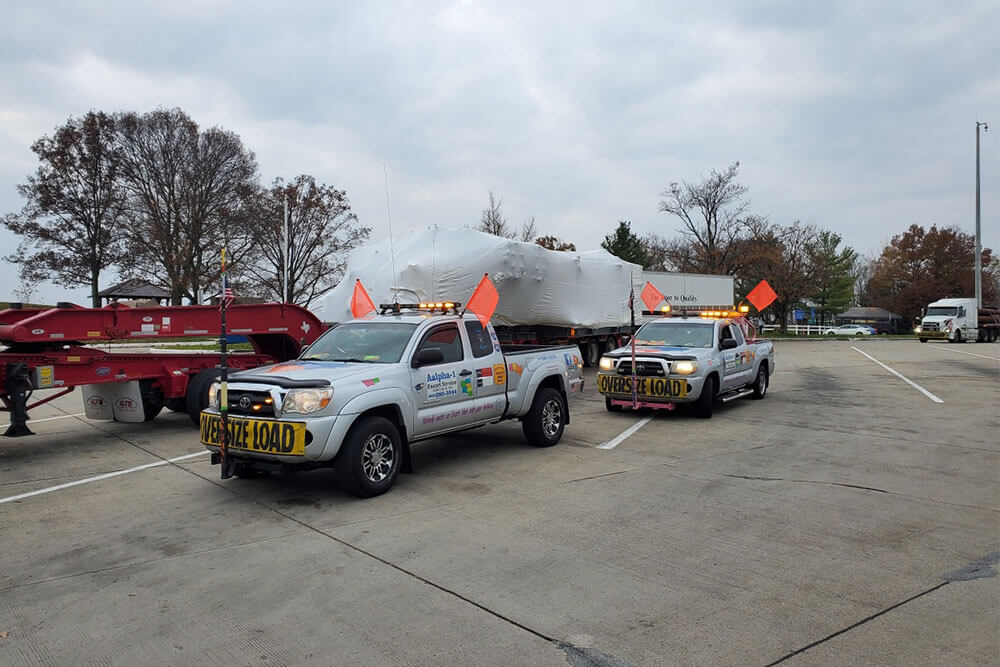As the winter season approaches in the United States and Canada, it’s crucial for pilot car operators to undergo training in November to ensure they are prepared for the challenges of navigating winter roads. November training provides operators with the skills and knowledge needed to safely escort oversize loads through potentially hazardous winter conditions. Let’s explore why November training is essential for pilot car operators in North America.
Importance of Winter Road Preparedness
Winter roads present a unique set of challenges for pilot car operators. Snow, ice, and low visibility can make it difficult to safely escort oversize loads. Without proper training, operators may struggle to navigate these treacherous conditions, putting themselves and others at risk. November training allows operators to familiarize themselves with winter driving techniques, emergency procedures, and equipment maintenance to ensure they are prepared for whatever winter roads may bring.
Understanding Regulations
In addition to learning winter driving skills, November training provides pilot car operators with a comprehensive understanding of winter road regulations in the United States and Canada. Regulations regarding tire chains, lighting requirements, speed limits, and road closures can vary from state to state and province to province. By staying up-to-date on relevant regulations through November training, operators can ensure they remain in compliance with local laws and regulations while escorting oversize loads during the winter months.
Enhancing Safety Measures
Safety is paramount for pilot car operators, especially when navigating winter roads. November training focuses on enhancing safety measures to protect both operators and the drivers of oversize loads. Topics such as defensive driving techniques, communication protocols, and roadside assistance procedures are covered during training to minimize the risk of accidents and ensure a safe escorting experience for all parties involved.
Proper Equipment Maintenance
Winter conditions can be particularly hard on vehicles and equipment. November training emphasizes the importance of proper equipment maintenance to keep pilot cars in optimal working condition throughout the winter season. From checking tire pressure and tread depth to inspecting lighting and signaling devices, operators learn how to conduct thorough pre-trip inspections to identify and address any issues that could compromise safety on the road.
Benefits of November Training
- Improved Preparedness: November training equips pilot car operators with the skills and knowledge needed to confidently navigate winter roads.
- Compliance with Regulations: Staying informed about winter road regulations through training helps operators avoid costly fines and penalties.
- Enhanced Safety: By focusing on safety measures, November training minimizes the risk of accidents and promotes a secure escorting environment.
- Extended Equipment Lifespan: Proper equipment maintenance learned during training can prolong the lifespan of pilot cars and ensure optimal performance in winter conditions.
Final Thoughts
November training is essential for pilot car operators in North America to prepare for the challenges of escorting oversize loads during the winter season. By focusing on winter road preparedness, understanding regulations, enhancing safety measures, and maintaining equipment properly, operators can navigate winter roads with confidence and ensure a safe escorting experience for all. Prioritizing training in November sets operators up for success and enables them to deliver reliable and professional escort services throughout the winter months.

